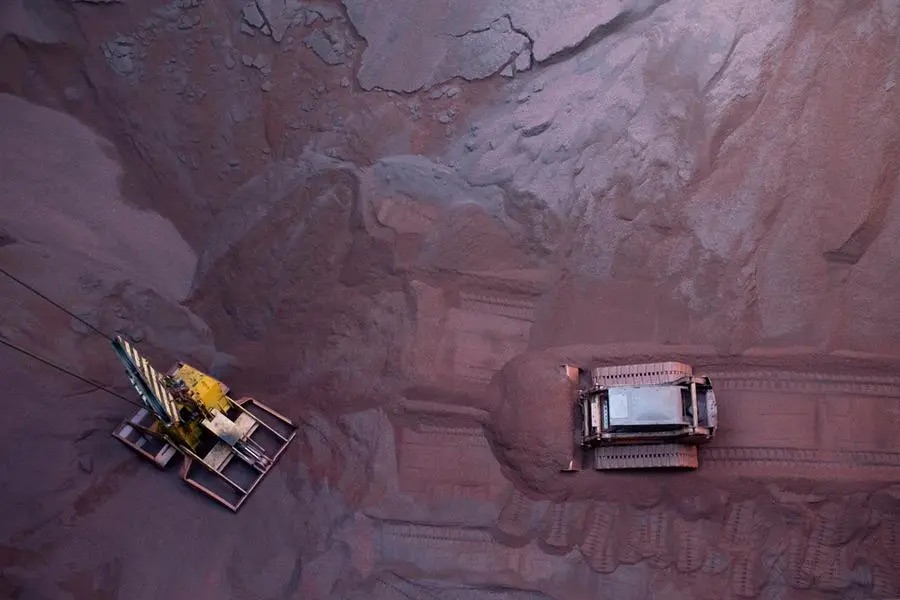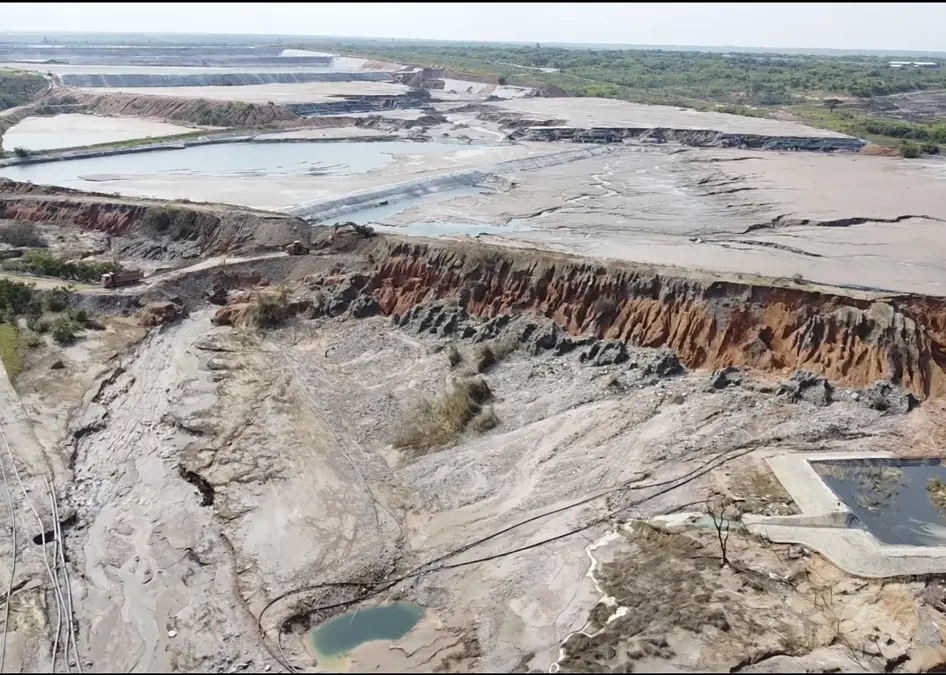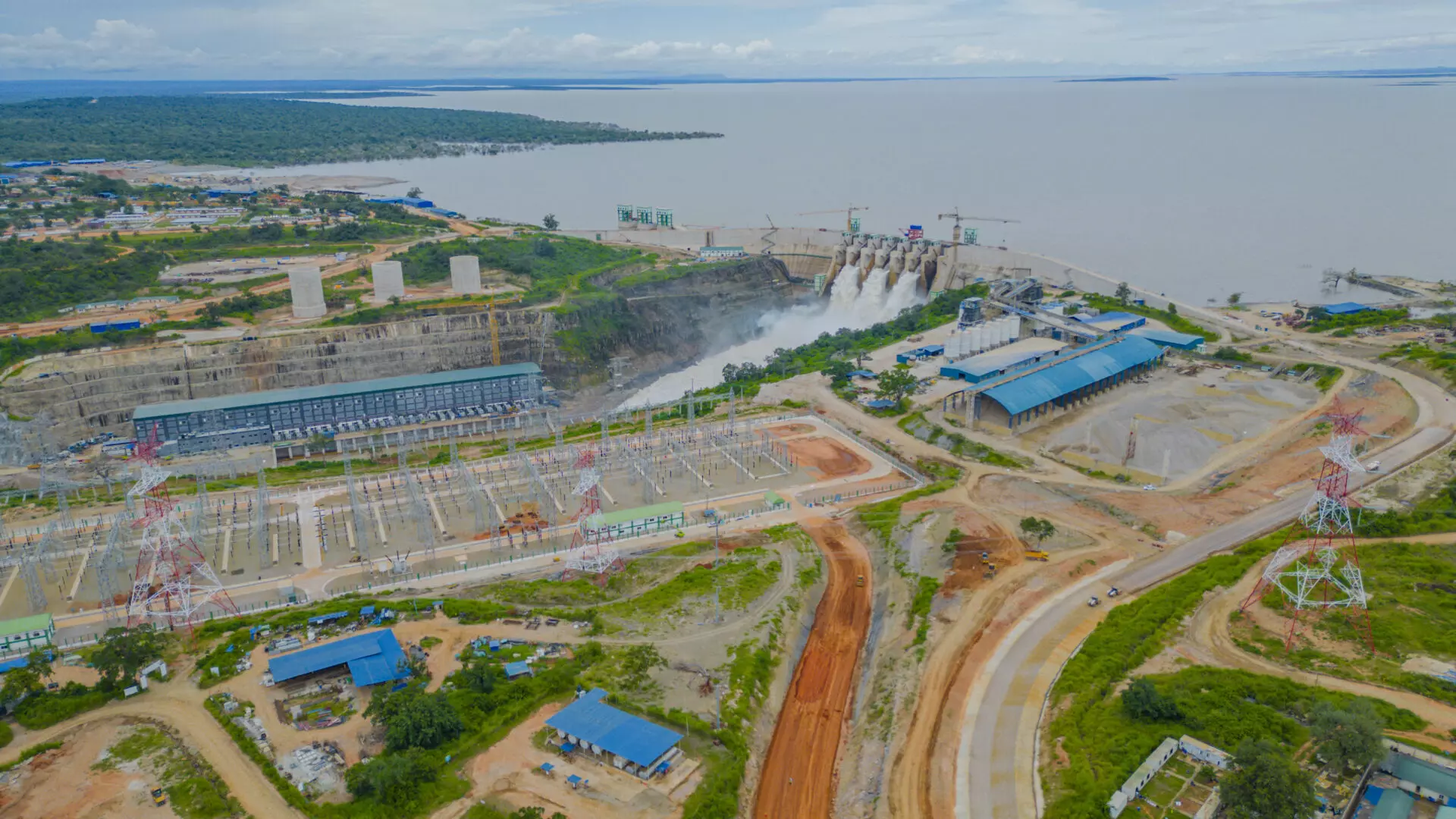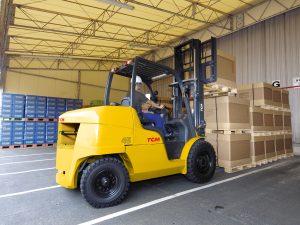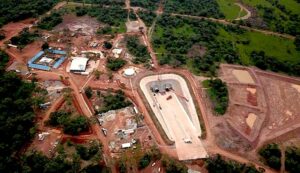More resources, more problems: Understanding the African mining landscape
The African continent is richly endowed in natural resources, with platinum, silver, gold, copper and cobalt some of our best-known commodities
The African continent is richly endowed in natural resources, with platinum, silver, gold, copper and cobalt some of our best-known commodities. We’re also abundant in green commodities, such as uranium, phosphate and vanadium. As a result, the mining sector is a key contributor to the continent’s economies, responsible for a significant portion of Africa’s exports, fiscal revenues, and, of course, employment.
Yet in almost equal proportion, we’re a continent rich in problems – which, in turn, impacts the same sector we so heavily rely on – mining.
Macro-economic challenges
In South Africa, load shedding has dealt the sector a sharp blow, with hours of downtime and wasted capacity, while ongoing transport challenges see mines struggling to get ore and other materials down the supply chain. Illegal mining is currently plaguing the industry: by way of example, in the last quarter of 2022, South Africa’s Sibanye mining operations saw almost 2000 serious crime incidents, costing around R40 million.
Corruption and political instability are also severe challenges across the continent. Look north, and you’ll find terrorist activities, with mines being prime targets. Venture east to Ethiopia, and you’ll be caught in the midst of a civil war. Cast your gaze to West Africa and you’ll encounter inclement weather activity such as flooding; a direct result of climate change.
All of these variables are largely outside of our control, threatening the sector’s ability to contribute to and promote a thriving economy. All we can do is put measures in place to deal with the worst of the fall-out, sit tight and weather the storm.
However, there are other issues that plague the industry, where organisations do have some control over how they manage and mitigate these.
Safety
Mining is notorious for being one of the most dangerous sectors to work in, and while safety in African mining remains problematic, South Africa has come a long way since the matter first came to a head in 2007, when over 220 mining fatalities were recorded. In 2021, the Minerals Council South Africa, in partnership with the government and organised labour, introduced the Elimination of Fall of Ground Fatalities Action Plan (FOGAP); an investment to the tune of R46 million. Enormous efforts were exerted to prioritise health and safety within mines, with new safety protocols, procedures, and manuals developed and widely rolled out.
This approach is showing dividends: at the start of this year, South Africa’s mining industry recorded its first-ever January and calendar month without a fatality as safety initiatives to achieve zero harm gained traction.
However, sometimes rigorous checks and balances can be a double-edged sword should people become complacent, thinking that these controls alone will protect them. This is where on-the-ground coaching programmes that encourage a safety mindset can play a key role in the sustained eradication of mining fatalities. Fostering this mindset helps to create situational awareness; important for environments when a great deal of work is repetitive, and thus can result in someone operating on ‘auto pilot’ or becoming complacent.
The anecdotal feedback we get from our clients is that fatalities within an African mining context remain high, and it is often the behaviour of individuals outside of mines that can lead to accidents. In our line of work, all too often we see incidences where workers leave the mine, remove their proverbial ‘safety helmet’, and indulge in dangerous and reckless behaviour.
The widespread adoption of coaching programmes that focus on holistically nurturing a safety mindset would help to address the continent’s ongoing safety challenges.
Skills shortage
Indigenisation has been heralded as the answer to the so-called ‘resource curse’, also known as the ‘paradox of plenty’, which is defined as the “phenomenon of countries with an abundance of natural resources having less economic growth, less democracy, or worse development outcomes than countries with fewer natural resources.”
But these indigenisation policies are not necessarily panaceas. According to one research paper, “Defying the Looming Resource Curse with Indigenisation?’, Tanzania’s rich mineral deposits coupled with the mining industry’s poor performance sparked public concern around a looming resource curse, galvanising state efforts to strengthen indigenous participation. The paper revealed that these policies can be prone to corruption; in some cases violating the rights of smallholders and inadvertently fuelling patronage networks.
Another issue is that, despite the noble intent behind these indigenisation policies, a shortage of skills across the continent is a reality. Says one research paper by the Journal of South African Institute of Mining and Metallurgy, “Mines continue to face severe frontline and professional skills shortages that affect critical day-to-day operations. Although training programmes have improved, there is still a lack of experienced skills in frontline positions, such as artisans and supervisors…”
For this reason, the continent outsources much of its talent, which sees many foreigners occupying key roles within organisations. This is another area where on-the-ground coaching could assist. In Rwanda, we worked with a cement company that wanted to indigenise but don’t always have the necessary skills available locally. Through our Supervisory Development Programme (SDP), we empowered Rwandans in leadership roles, coaching them in how to effectively guide their teams, while also imparting skills such as analysis, problem-solving, planning and organising. We thus upskill them to step into these roles, when the international talent returns home.
While there might be many challenges that the continent faces that are not within our control; let’s focus on those where we can make a positive impact; not only for organisational profit and gain but because these same efforts will have a positive trickle-down impact on African communities.
Share this content:
